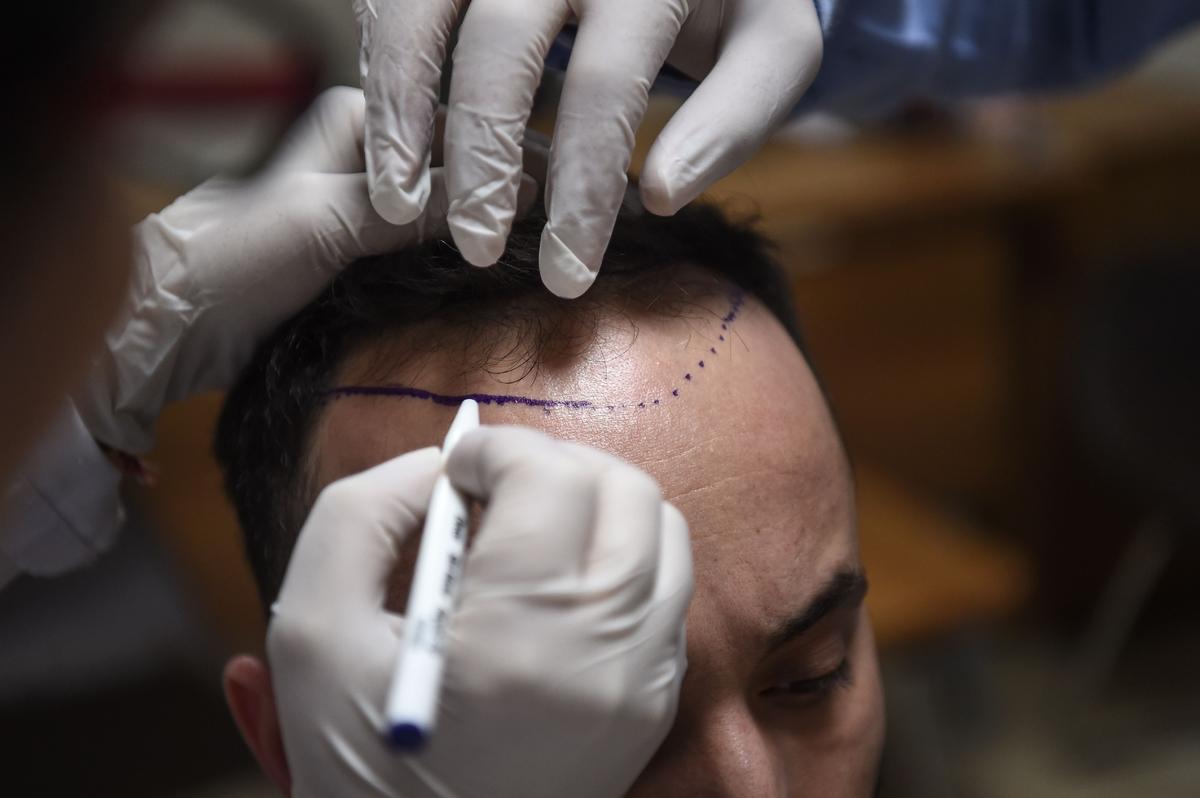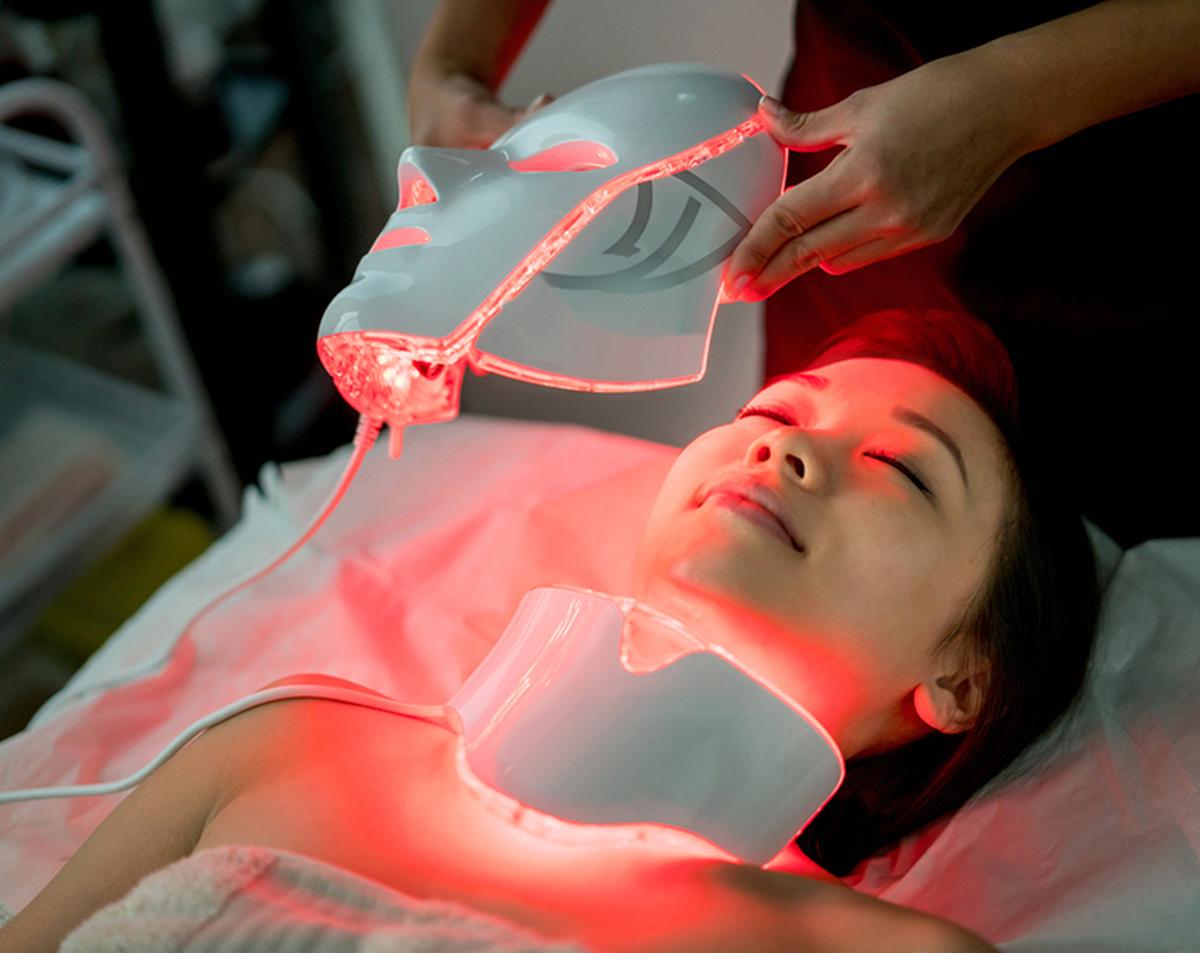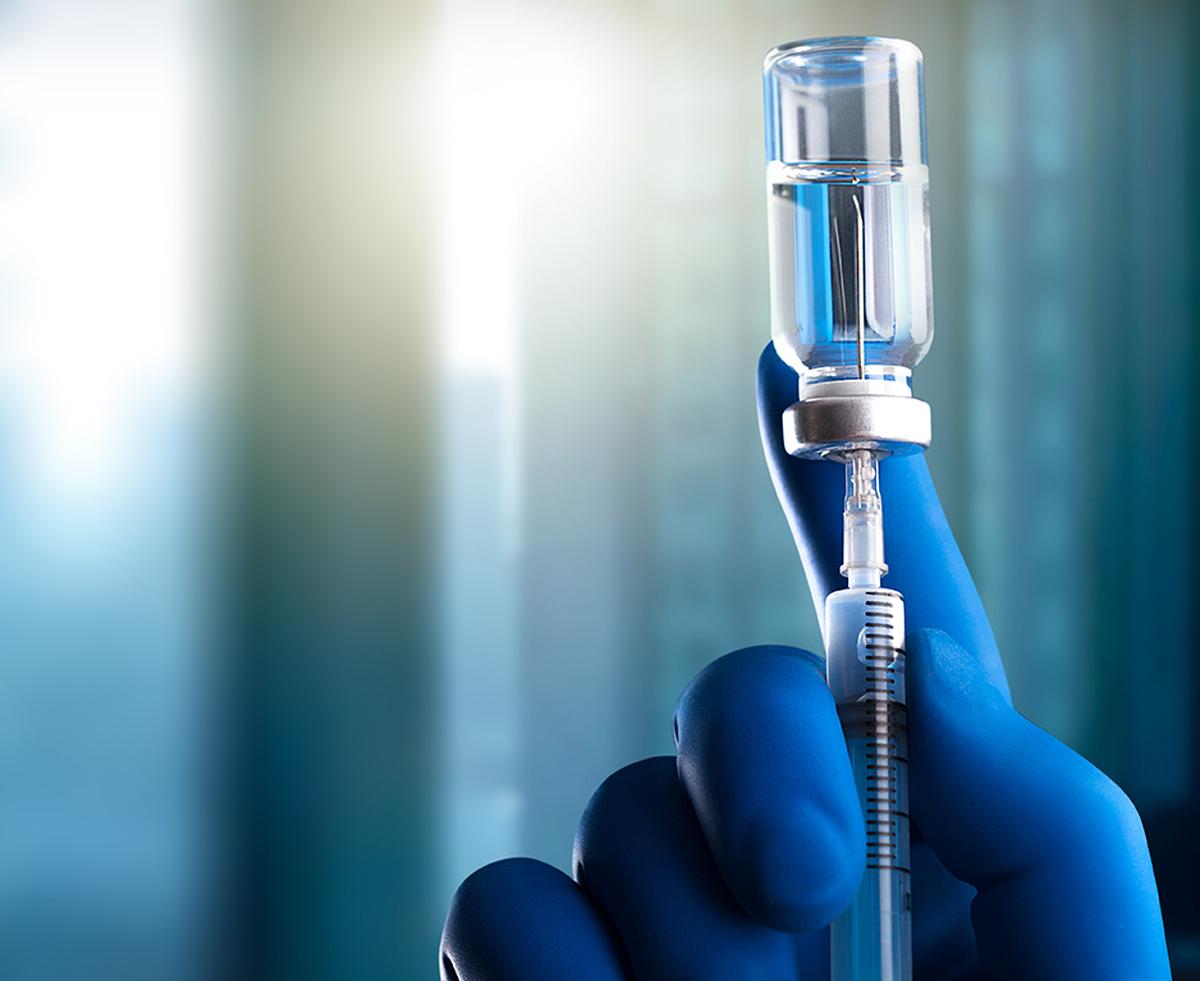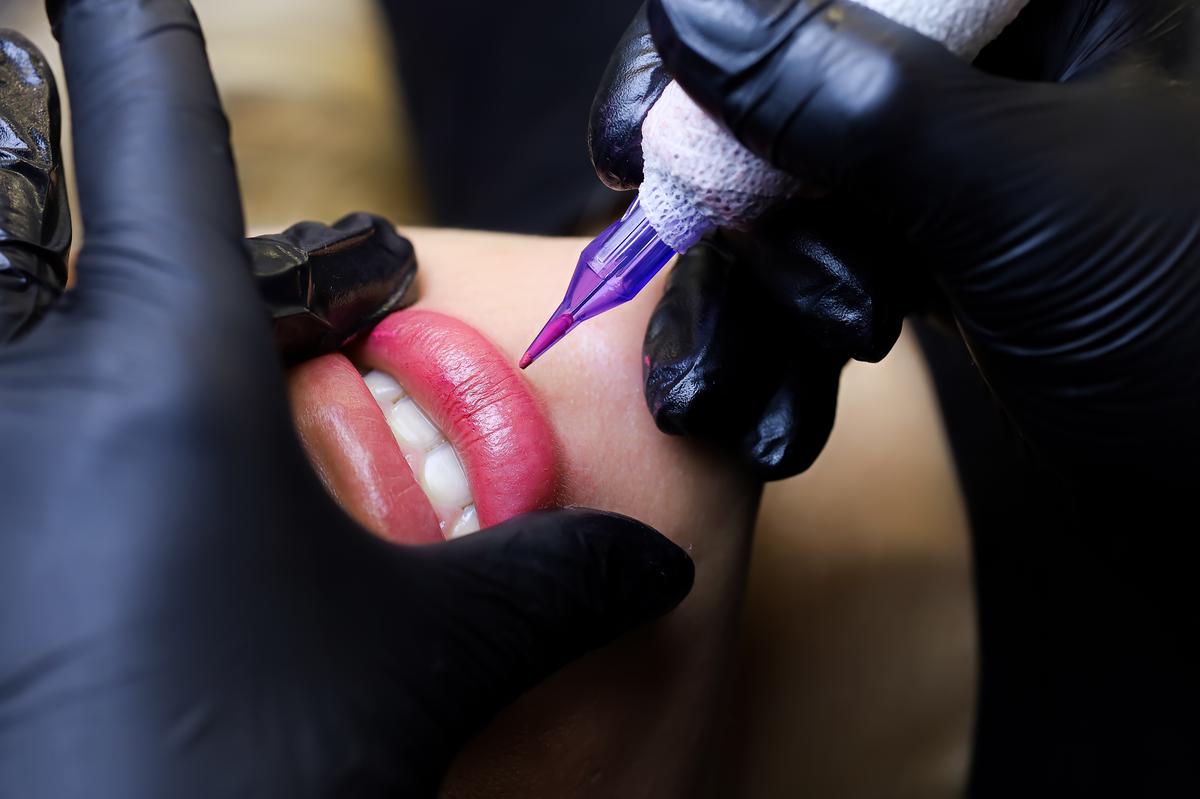970x125
A simple day procedure in two sessions was all it was meant to be, when in February, 49-year-old Kochi-native, Sameer (name changed) approached a “derma clinic” in the city for a hair transplant to restore his receding hairline.
970x125
Two days after his procedure, he went back to the clinic, in panic, in excruciating pain, with pus oozing out from his scalp. The clinic assured him that this was normal and put him on steroids and painkillers. But things were going horribly wrong.
Doctors at a major hospital where he was rushed to were horrified to see his putrefying scalp. Necrotising fasciitis is a serious and life-threatening bacterial infection where bacteria rapidly feed on human tissue. Innumerable skin grafts and reconstructive surgeries later, parts of his skull remain exposed and his treatment is continuing.
Sameer’s finances are decimated, he continues to remain in pain, the mental trauma of what he went through haunts him, but he knows he is lucky to be alive today. The police have registered a case against the clinic and an inquiry is on, but those involved are absconding and the clinic shut.
Sameer’s is not a unique story. Aesthetic, derma/skin and cosmetology clinics have mushroomed across the country, offering services ranging from hair transplants to skin lightening, from chemical peels and botox to anti-ageing therapies. With the wellness sector booming in India – the market was worth USD 2.5 billion in 2024 and is projected to boom to USD 4 billion by 2033 as per market research company IMARC Group – experts are now calling for urgent regulation of the sector to safeguard patients.
The problem with many of these ‘clinics’ is two-pronged: they are run by practitioners who are unqualified or not qualified to perform particular procedures, and they are unlicensed or unregistered and lacking tie-ups with full-fledged medical centres. Photograph used for representational purposes only
| Photo Credit:
WAVEBREAK MEDIA LTD
Scope of problem
Wellness is now a big business. Investing in one’s appearance is becoming increasingly common – with taboos that may have existed around this a few decades ago, now perhaps wearing thin – and further fuelled by social media and appearance-related pressures. This is exacerbated by the widespread mistaken perception that cosmetic procedures are easy and safe. And it is not only in tier 1 cities that wellness clinics are operational – tier 2 cities too, have seen this growth.
The problem with these ‘clinics’ is two-pronged: they are run by practitioners who are unqualified or not qualified to perform particular procedures, and they are unlicensed or unregistered and lacking tie-ups with full-fledged medical centres.
Recently, a 50-year-old in Bhimavaram, Andhra Pradesh walked into a local skincare clinic. A homemaker who had long struggled with skin issues, she had persuaded her husband to spend ₹3.5 lakh on a package of aesthetic treatments. The clinic, marketed on social media, promised visible results using ‘advanced’ PRP (platelet-rich plasma) facials and derma procedures.
But something felt off from the start: no blood was ever drawn for her so-called PRP sessions. She was also given unlabelled creams to apply daily. Within weeks, her skin looked better, but only briefly. As soon as she stopped using the creams, she experienced severe withdrawal symptoms, redness, burning, scaling, and intense discomfort.
When she eventually sought help from a qualified dermatologist in Hyderabad, she was diagnosed with topical steroid withdrawal, a painful, medically complex condition. The creams had triggered dependency and long-term skin barrier damage. She had to be put on a carefully monitored six-week weaning protocol under medical supervision.

“Vulnerable patients, especially women, are being preyed upon by unqualified individuals offering dermatological procedures without medical training, without ethics, and without consequences,” says Rajetha Damisetty, a senior dermatologist based in Hyderabad and national chairperson of the Indian Association of Dermatologists, Venereologists and Leprologists (IADVL) Committee on Anti-Quackery, Legal and Ethics.
Low awareness among patients, and a burgeoning demand for services contribute to the problem. This is compounded by the rise of social media marketing and online platforms, allowing unscrupulous advertising by clinics to reach vast audiences.
In Kolkata for instance, advertisements of such clinics dot every wall and lamp post across the city offering: ‘Gain back hair in 7 days’ or ‘Skin whitening and tightening in 10 days’ with a nameless phone number given below.
Girish M. S., senior specialist and head of the department of dermatology at the government-run ESIC Medical College and Model Hospital in Rajajinagar, Bengaluru, says the rise of social media marketing and online platforms has allowed these centres to reach vast audiences with glossy promises of flawless skin and miracle cures. “Instagram reels, YouTube testimonials, and paid reviews are used to attract vulnerable patients, while disclaimers about risks and qualifications are often absent. Offline, too, hoardings and pamphlets feature before-and-after images and bold claims, sometimes with stock photos or digitally enhanced images attracting people,” he says.

All clinics performing cosmetic procedures are supposed to follow the National Medical Commission’s (NMC) Guideline on Aesthetic Surgery and Hair Transplant Procedures, which emphasises that only registered medical practitioners with adequate training may perform cosmetic surgeries. Photograph used for representational purposes only
| Photo Credit:
AFP
Quackery rampant
Quackery in dermatology, according to Dr. Rajetha, involves individuals without the required medical qualifications or registrations posing as specialists, and performing skin and hair-related procedures they are not authorised to. These include everything from hair transplants and chemical peels to injectable treatments like PRP and Botox, which in many cases have resulted in serious complications and even death.
“Dermatology is a medical speciality that covers diseases and cosmetic concerns related to the skin, hair and nails. But the term ‘cosmetologist’ is often misused to mislead the public. Cosmetology is not a medical field, it involves haircuts, makeup, manicures. It has no clinical or therapeutic component,” she says.
According to Dr. Rajetha, the surge in unauthorised dermatology and cosmetology procedures is being driven by three broad categories of unqualified practitioners. The first are dentists, BDS and MDS graduates, who branch into aesthetics after completing short online fellowships or weekend certification courses. “These courses barely scratch the surface, yet many start offering complex procedures such as botox, fillers, or hair transplants,” she says.

The second group includes practitioners from AYUSH systems who are not legally permitted to practise modern medicine but still administer allopathic dermatological treatments, often without oversight.
The third category are completely unqualified individuals, some with no medical background whatsoever. They present themselves as ‘cosmetologists’ or ‘trichologists’ and open clinics in both urban and semi-urban areas, aggressively marketing their services through social media. A fourth, less-discussed group includes MBBS or other speciality doctors (like ophthalmologists) offering dermatological services despite not being trained in the field.
“This is a systemic issue that is putting thousands of unsuspecting patients at risk every day,” Dr Rajetha warns.
Most quackery in India stems from aesthetic dermatology, says Avinash Pravin, dermatologist and member of the National IADVL Anti-Quackery Committee. “Only those with recognised qualifications can claim expertise, but this is poorly enforced,” he adds.
Today in Kerala, doctors say, qualified and certified plastic surgeons are outnumbered by “cosmetologists” whose qualifications remain suspect.
Additionally, several short-term ‘courses’ are offered by fake institutions where certificates are available at ₹1 lakh to ₹ 2 lakh. Quacks then perform the procedures at exorbitant costs, sometimes ten times more than what qualified dermatologists charge, says Manjunath Hulimani, president, IADVL, Karnataka.

One issue is clinics performing procedures that they are not licensed for, displaying the names of qualified doctors who may not be present at the clinic, as well as many aesthetic centres not having tie-ups with secondary or tertiary healthcare facilities where patients can be referred to in case of emergencies. Image used for representational purposes only
| Photo Credit:
Getty Images
Lack of enforcement
All clinics performing cosmetic procedures are supposed to follow the National Medical Commission’s (NMC) Guideline on Aesthetic Surgery and Hair Transplant Procedures, which emphasises that only registered medical practitioners with adequate training may perform cosmetic surgeries.
“The main problem is that the lines are blurred now. The NMC and the Dental Council are also at odds over the issue. Most of these can be performed as simple day surgeries, which makes this a lucrative and “safe” business that everyone wants a share of,” said M.S Jayasekhar, a plastic surgeon based in Thiruvananthapuram.
Another issue is clinics performing procedures that they are not licensed for, displaying the names of qualified doctors who may not be present at the clinic, as well as many aesthetic centres not having tie-ups with secondary or tertiary healthcare facilities where patients can be referred to in case of emergencies.

In May, the Kerala Health Department cancelled the licence of a well-established cosmetic clinic in Thiruvananthapuram after a 31-year-old software engineer had to undergo an amputation of several of her finger and toes which became gangrenous following complications that developed after a liposuction procedure. In this case, the clinic had ample facilities and was run by a certified plastic surgeon but it had performed procedures other than what it had been licensed to do. An apex committee is still investigating if it is a case of medical negligence.
Most legitimate clinics run by certified plastic surgeons have tie-ups with major tertiary care private hospitals to handle medical emergencies; others however do not. Recently 25-year-old in Davangere, suffered burns on her face following a facial with chemicals and beauty procedures done by unqualified professionals at a local “aesthetic centre”, a week before her wedding. “It took us over a month to restore her skin and the wedding had to be postponed,” recalls Dr. Hulimani

The lack of regulatory oversight has created a fertile ground for malpractice, say doctors. Image used for representational purposes only
| Photo Credit:
Getty Images/iStockphoto
Action lacking
Doctors say that action by the Central and State governments has been inadequate: there are police investigations in some cases, and a few clinics have had their licences cancelled but this barely scratches the surface of the problem and does little to deter unscrupulous practitioners.
The lack of regulatory oversight has created a fertile ground for malpractice, says Dr. Rajetha. “There are no dedicated bodies regularly inspecting these centres, and enforcement is virtually non-existent,” she adds.
A spokesperson for the Kerala State Council for Modern Medicine said several clinics are being run without even basic facilities, sterilisation or infection control protocols. The fact that the Kerala Clinical Establishments Act is still not implemented fully is another issue which makes it difficult for authorities to keep track of the clinics and makes accountability a huge casualty.
Some State medical councils and professional medical bodies including IADVL however, have now begun to take action, but their scope is limited.
The IADVL, Karnataka with 1,525 members, has submitted a memorandum to the Karnataka Medical Council urging it to release a public notice cautioning the public about quackery in dermatology and cosmetology.
Mustaqeem Farooqui, consultant dermatologist and hair transplant surgeon, Techno India DAMA Hospital, Kolkata said that IADVL has begun an initiative where, if doctors found suspicious skin and hair treatment prescriptions, they could put them on their group in order to verify them, and this helps weed out quacks. “But quacks are also becoming smarter and do not use their own names in the prescriptions now, so they are becoming harder to catch,” he says.
The Telangana Medical Council (TGMC) has been carrying out inspections across the State to identify and shut down clinics run by unqualified individuals. Clinics found guilty of gross negligence or deception may face charges under Sections 34 and 54 of the NMC Act, which specifically address impersonation of medical practitioners and unlawful practice, says G. Srinivas, vice-chairperson, TGMC.

Patients must exercise caution while availing of hair and skin procedures, experts say. Image used for representational purposes only
| Photo Credit:
Getty Images
Patients beware
Regulation is the need of the hour to safeguard patients, doctors say, to ensure that no practitioner is offering or performing procedures they are not qualified to, clinics are licensed and have facilities in place and that misleading claims and exaggerated advertisements are curtailed. To do this, both the Central and State governments need to act, to define and regulate who is allowed to perform aesthetic/cosmetic procedures, the minimum facilities centres need to be equipped with, to inspect facilities that fail to meet standards and to impose legal penalties where necessary. “We need stricter regulation through a dedicated law,” says Dr. Pravin.
Patients in the meantime, must exercise caution, experts say. They can check several things before opting for treatment: the treatment offered in itself– for instance IV glutathione drips, often pushed for fairness, are “scientifically controversial with known side effects,” says Dr. Pravin; whether or not the practitioner offering the treatment is a registered dermatologist and whether the clinic is registered and is linked to a larger healthcare facility.
In the end, as Dr. Pravin puts it, “If it sounds too good to be true, it probably is.”
(Inputs from Siddharth Kumar Singh in Hyderabad, C. Maya in Thiruvananthapuram, Afshan Yasmeen in Bengaluru, Athira Elssa Johnson in Chennai and Shrabana Chatterjee in Kolkata, compiled by Zubeda Hamid.)
970x125

